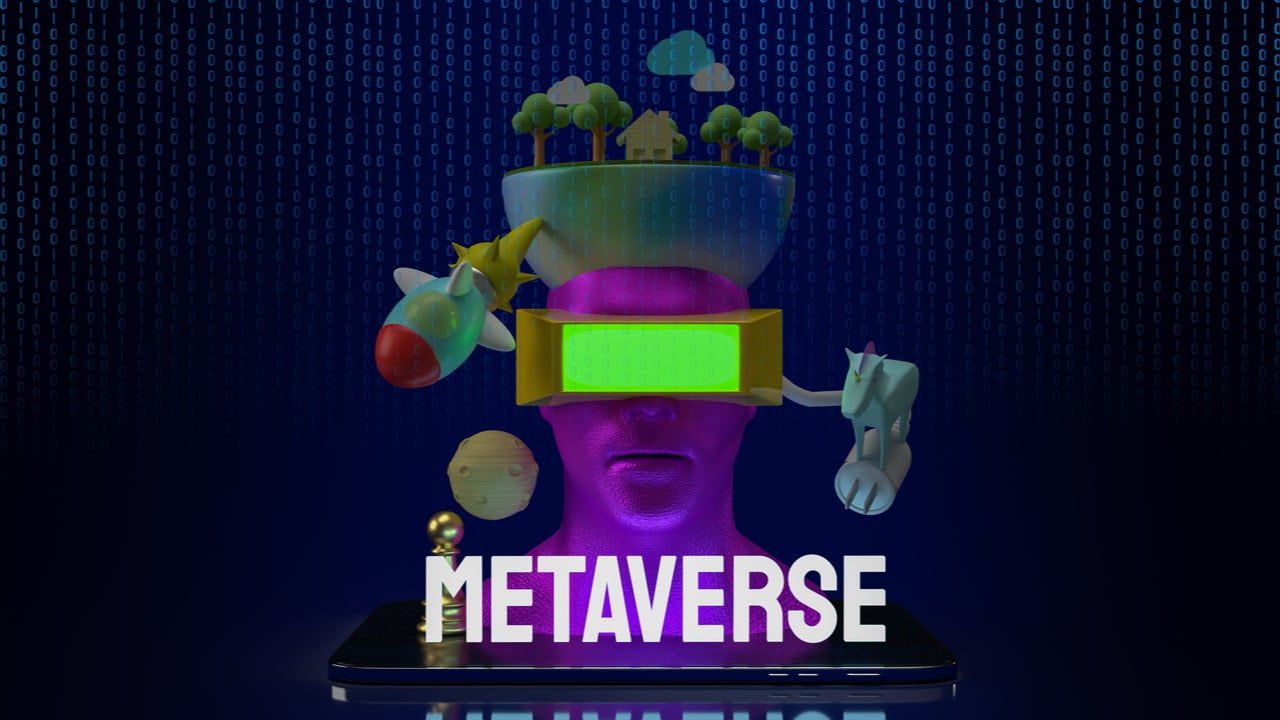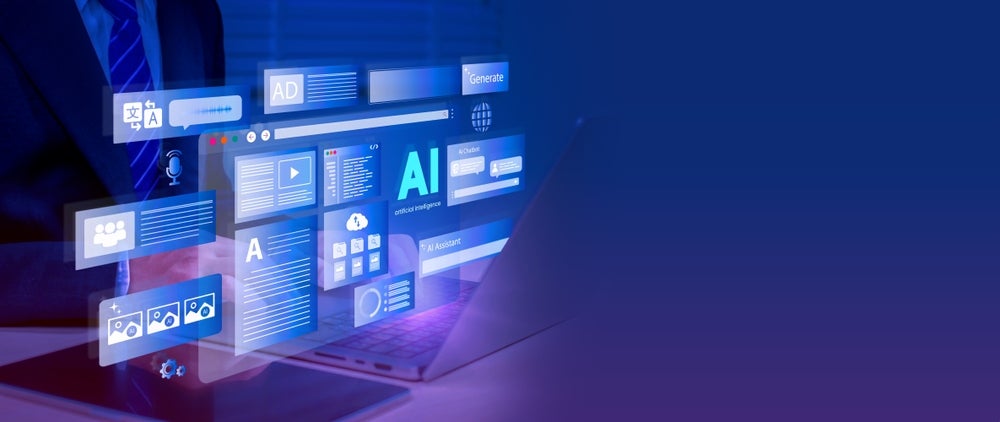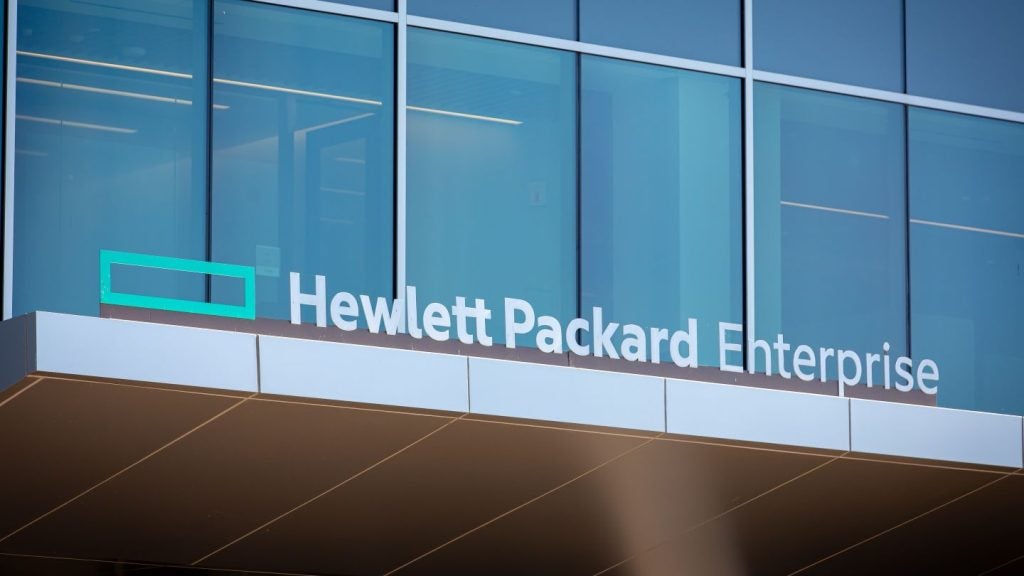The virtual world of the metaverse has the power to overcome the lack of in-person connection from the changing nature of work. Covid-19 forced the introduction of working from home and now the hybrid model of working is here to stay. Additionally, a four-day working is increasingly being trialled.
These changes, when combined, will reduce the amount of time co-workers spend together in-person. As interest in the metaverse increases, its ability to connect employees in the future workplace will become even more obvious.
What is the metaverse?
GlobalData’s social media research describes the metaverse as a “virtual world where users share experiences and interact in real-time within simulated scenarios”. It has been gaining interest and traction over the past year. According to GlobalData, the number of active jobs including “metaverse” in the description increased from just one in September 2020 to 217 in September 2021.
Although a lot of interest in the metaverse comes from its application in the entertainment industry, its uses in the office are already being realised. For example, Facebook’s Oculus Horizons Workrooms allows individuals to turn their home space into an immersive virtual meeting room. Zoom also announced at Zoomtopia 2021 that its features will be integrated into Facebook’s Workrooms. This means you can interact with a shared virtual reality (VR) whiteboard whilst hosting a video meeting within the VR space.
Developing on existing VR technology, the metaverse allows for user hand tracking and avatar movement in the meeting room. This helps to make the interactions feel more authentic than the online video meetings that have become the norm since the pandemic started. This authenticity will help the metaverse to become integrated into office life as time spent working in-person reduces.
The changing nature of work
As quarantines began to lift in many countries, the hybrid model of working started to take off. Some companies insist the model isn’t here to stay. For example, Goldman Sachs. However, continued fluctuations in levels of Covid-19 and changing societal beliefs suggest hybrid working will remain widely implemented.
Further, since Iceland’s 2015-2019 pilot scheme, a new four-day working week is being trialled and implemented by more companies and governments. With continued implementations throughout 2021, its introduction is only set to increase. Changes in 2021 include Unilever’s introduction for its New Zealand employees, Japan’s promotion of an optional four-day workweek, and Scotland’s designing of a £10m pilot.
How the metaverse could avoid “Zoom fatigue”
These two changes are already reducing the amount of time co-workers are spending face-to-face. Many employees that started new jobs during the pandemic have only met their co-workers through Zoom. Further, these interactions often feel particularly exhausting. The metaverse can avoid this fatigue by making interactions feel more authentic.
A peer-reviewed academic journal published an article assessing the causes of “Zoom fatigue”. The causes are excessive amounts of close-up eye contact, an increased cognitive load, the self-evaluation that arises from seeing our own real-time camera feed, and constraints on physical mobility. Although the arguments are theoretical, the technology of the metaverse avoids some of the causes outlined. For example, you can’t see yourself in real-time whilst in the metaverse. Further, our usual mobility is maintained to a higher level in the metaverse than in normal video chats.
By making interactions less exhausting and more authentic, it will be easier to integrate the metaverse into the working day. This will be integral to maintaining team cohesion when we’re spending less time in the office. As interest in the metaverse increases, it is imperative for companies to be aware of its benefits.








